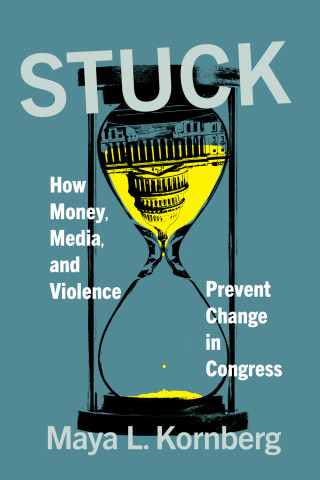
Reviews
A welcome corrective to what has been a stampede in recent years toward blaming citizens... How we act is affected by how our government treats us, the processes for influencing decision-making that are available to us and the societal structures that provide us with more or less time, resources, incentive and opportunity to venture into the public sphere... But I don't think this book lets citizens off the hook... Crenson and Ginsberg have taken an important step in identifying and describing that relationship [between formal democracy and everyday democracy], and their work calls us to pay attention to whether institutional processes today support or undermine everyday democracy.
A thoughtful and useful analysis of present-day democratic decline.
Downsizing Democracy has the marks of a book that will be remembered. It applies a master thesis to many different facets of American political life, inviting the reader to see a vast array of previously familiar material as if for the first time and as a whole. In the authors' view, we have come to the end of a centuries-long epoch during which government and political elites needed publicly engaged citizenry... The authors prosecute their thesis... with admirable insight and persuasiveness.
This fascinating book surveys the changing relationship between the U.S. government and the populace that constitutes its whole... Highly recommended.
Downsizing Democracy offers a sweeping and unsparing portrait of democratic decline in America. Crenson and Ginsberg refute accounts that blame ordinary citizens for our listless democracy. Instead they show how institutional changes have freed elites from mass constituencies and encouraged the substitution of personal action for political mobilization.
Matthew Crenson and Benjamin Ginsberg make a powerful, controversial argument with sweeping implications. Their book is an important contribution to the debate over the state of American democracy that will be influential and widely read.
Book Details
Preface
Chapter 1. From Popular to Personal Democracy
Chapter 2. The Rise and Fall of the Citizen
Chapter 3. Elections Without Voters
Chapter 4. The Old Patronage and the New
Chapter 5. Disunited We Stand
C
Preface
Chapter 1. From Popular to Personal Democracy
Chapter 2. The Rise and Fall of the Citizen
Chapter 3. Elections Without Voters
Chapter 4. The Old Patronage and the New
Chapter 5. Disunited We Stand
Chapter 6. From Masses to Mailing Lists
Chapter 7. The Jurisprudence of Personal Democracy
Chapter 8. Movements without Members
Chapter 9. Privatizing the Public
Chapter 10. Does Anyone Need Citizens?
Notes
Index







